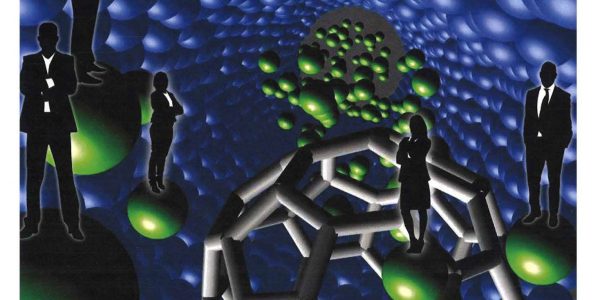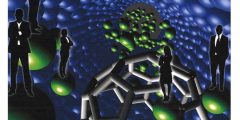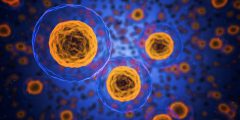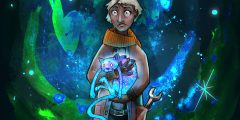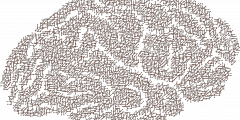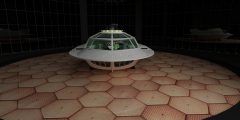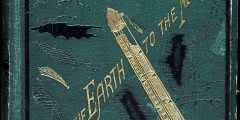Comments on qualitative methods in the humanities and social sciences
April 26, 2019
I while ago Chris Toumey (Toumey@mailbox.sc.edu) wrote a guest post for this blog, announcing his new book on nanotech and the humanities. A reader had a question that Chris didn’t have time to answer at the time. This post is an answer to that question. *** Regarding my book on nanotechnology, Nanotech and the Humanities, …
Is STS trivial? Chris Toumey reflects on writing a book about nanotech and the humanities
February 15, 2019
This is a guest post by Chris Toumey, a cultural anthropologist who has observed and studied developments in nanotechnology for many years. Chris and I have known each other for a long time, and his work and words have always inspired me. He has just published a book entitled Nanotech and the Humanities: An Anthropologist …
Minimal biology
November 3, 2018
This morning (3rd November) I saw a tweet by @BrisSynBio announcing “Max Planck-Bristol Centre for Minimal Biology announced @BristolUni & @maxplanckpress partner to pursue game-changing research in the emerging field of #minimalbiology to address some of the most complex challenges in fundamental science”. I became curious and read the whole announcement, balking a bit at the pressreleasish …
Open Day: Planning, talking and inking
October 12, 2018
This is a re-post from Charli Vince’s blog. It continues the story of ‘Open Day’, a graphic novel about 3D printing with atoms and university life. You can read about how Open Day came to be and how it has been developing here. *** Open Day has been chugging along since the project began many, …
Anticipating public reactions to emerging sciences and technologies: Nano, synbio and AI
September 14, 2018
In around 2003 I woke up to nanotechnology because I was watching my son play a computer game that involved ‘nano-armour’. That pricked my curiosity. Later I came across a quote from Howard Lovy, then editor of Small Times: “Nanotechnology, independent of its development as a science, is spreading as a cultural idea and icon. …
‘3D printing with atoms’ and ‘Open day’ – an update
April 23, 2018
This post is one in a series of posts about a graphic novel, ‘Open Day’, created as part of a project on 3D printing with atoms, funded by the EPSRC and led by Phil Moriarty. Previous posts by Phil and me can be found here. The novel was scripted by Shey Hargreaves and illustrated by …
Molecular machines
October 5, 2016
As the BBC reported today: “The 2016 Nobel Prize for Chemistry has been awarded for the development of the world’s smallest machines. Jean-Pierre Sauvage, Sir Fraser Stoddart and Bernard Feringa will share the 8m kronor (£727,000) prize for the design and synthesis of machines on a molecular scale. They were named at a press conference …
Nanoscience, images and technologies of visualisation: A space odyssey
January 22, 2015
This blog post is a story about an intellectual and collaborative adventure that should be all too familiar to academics. However, opportunities for such adventures may sadly be disappearing in an era of impact driven research. It is a story of how enthusiasm, curiosity, serendipity and collaboration can lead to unexpected and joyous outcomes. At …

